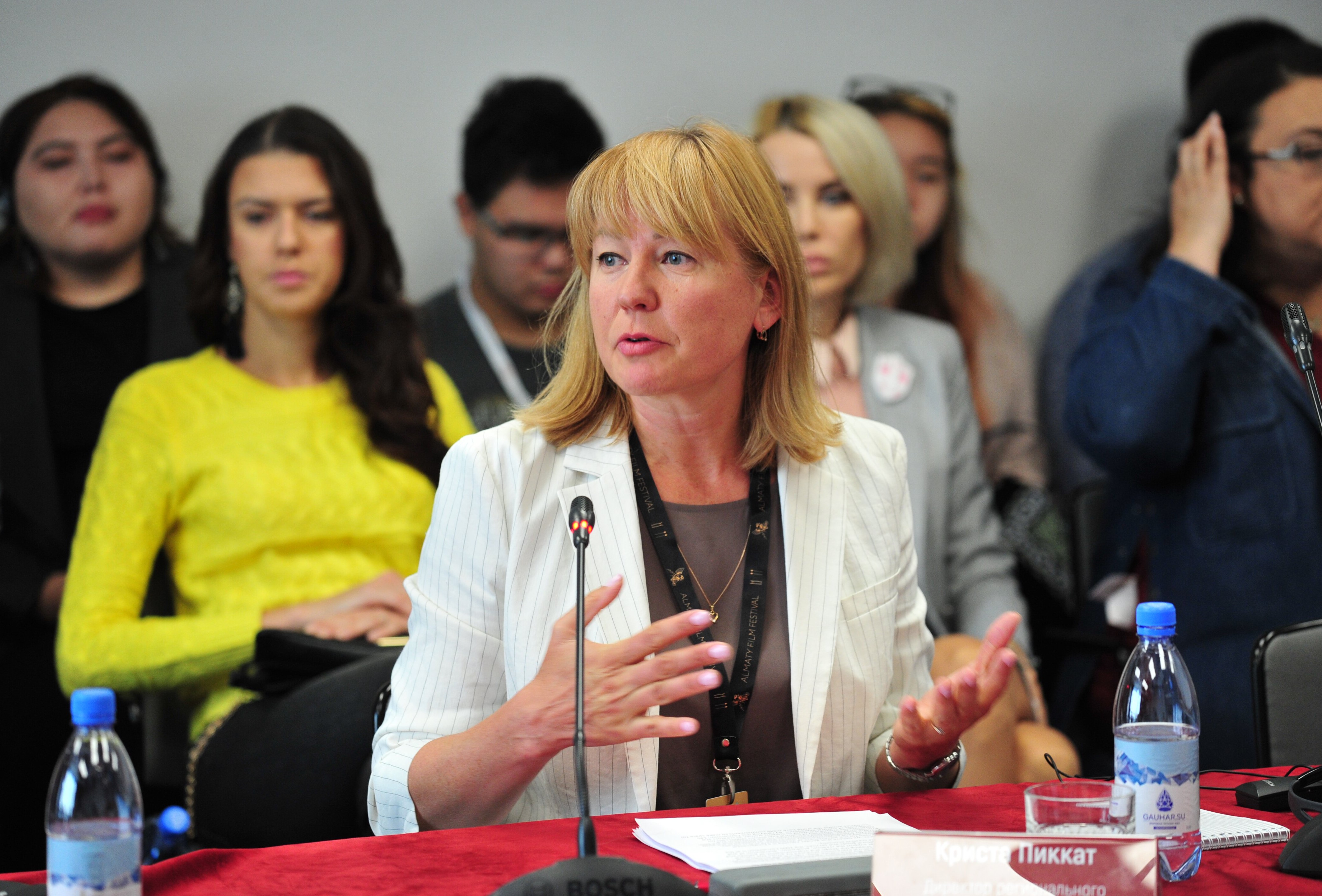
Celebrating 76 Years of UNESCO: Interview with Krista Pikkat, Director of UNESCO Almaty
Ms. Pikkat’s experience is vast and varied: from starting at the UNESCO headquarters in Paris at the Programme for Central and Eastern European Development (PROCEED), the Sector for External Relations and Cooperation, to the Office of the Director-General, and the Bureau of Strategic Planning. She then moved to the field and worked as the Head of the UNESCO Tashkent Office and now as the Director of the Almaty Office.
In honor of UNESCO’s 76th birthday we would like to share Krista Pikkat’s story to describe the work of an international civil servant in fulfilling UNESCO’s mission in the world.
November 16th, 2021
The opportunity of a lifetime
When helping with the preparations for the ‘Baltic Culture Day at the UNESCO headquarters in Paris, Krista was invited to work in the French capital for six months at the Programme for Central and Eastern European Development (PROCEED), following which she applied for the UNESCO Young Professionals Programme.
"The competition for joining the programme was tough. There were many applicants from various countries, including some from under-represented and unrepresented ones. There were many rounds of evaluation during the selection process, starting from written essays and ending with an interview with a group of representatives from various departments of the UNESCO secretariat.” Luckily, by this time, Ms. Pikkat already had a solid amount of professional experience, which was crucial in landing her the job.
Into the Field
Working in Central Asia
On her impressions of working in Central Asia, Ms. Pikkat remarks: “I feel like I've learned a lot. There are many cultural aspects that I’ve grown to value in the region: attention to family and community, solidarity that exists between people, and their respect for roots and traditions.”
"Here in Almaty, one of our flagship initiatives is a partnership project of the European Union and UNESCO on the Cultural Heritage along the Silk Roads. The aim of this project is to demonstrate the economic value of cultural heritage in addition to its intrinsic value. I think that we have already managed to do a lot to ensure the preservation of cultural sites and the development of tourism, and popularization of the rich and diverse cultural heritage of the countries.”
The Upsides of Living in Kazakhstan
Where to Find Motivation at Work
Secondly, as a ‘practical person’ Krista derives great joy in the tangible meaning of her work. “I am happy every time I see that UNESCO not only contributes to the overall development goals of the country, but also, at the individual level, changes the lives of ordinary people for the better."
Work-Life Balance
Advice to UN Newcomers
